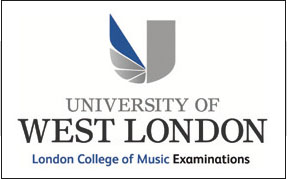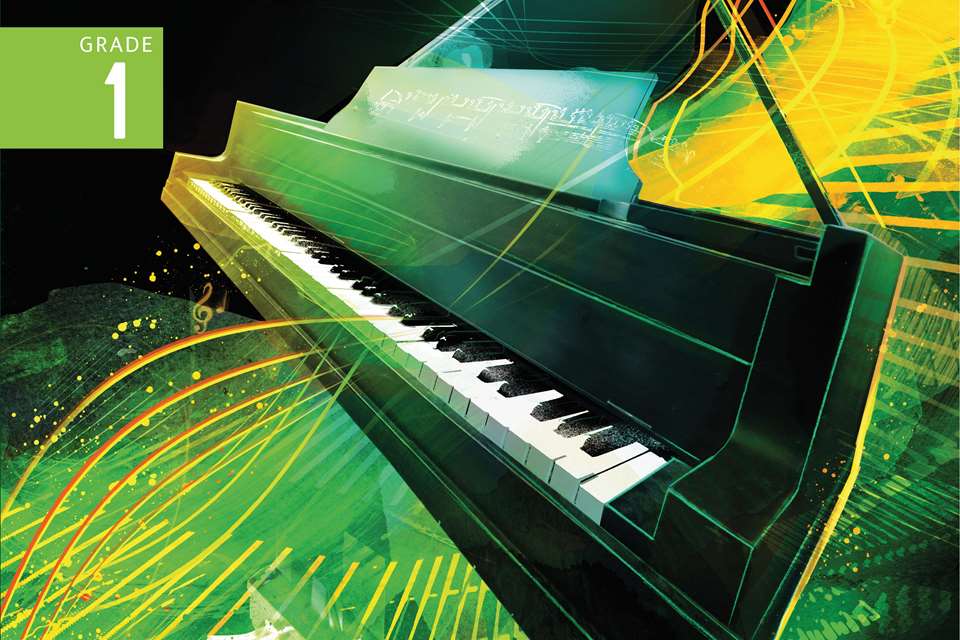Examining change: What is LCME doing to decolonise?
Roger Wilson
Sunday, May 1, 2022
In our second article on what major UK exam boards are doing to decolonise, Roger Wilson investigates progress at the London College of Music Examinations.

Melita/Adobestock
As an experienced instrumental music teacher, I was keen to find out more about the London College of Music Examinations board (LCME) and how they have embedded inclusive practice within their organisation.
Established in 1887, LCME is one of the oldest exam boards for the creative arts in the UK. The examining board is a department of the London College of Music (LCM), a conservatoire which in turn is part of the University of West London, the only one of its kind to be part of a British university.
LCM Examinations is one of four examination boards in the United Kingdom accredited by Ofqual to award graded and diploma qualifications in music as part of the Qualifications and Credit Framework (along with ABRSM, Trinity College London and Rockschool). Interestingly, I discovered that its remit goes beyond instrumental music exams; LCME also awards qualifications in speech and drama. Like some of the other examining boards, its footprint stretches beyond the UK and Ireland, and it has a significant international reach, particularly in South-East Asia.
Its wide range of examinations starts from an introductory level – these include Early Learning exams for both individuals and groups as well as conventional graded practical examinations starting from 1 through to 8. For those reaching higher levels of performance, recital grades are the next step. Diplomas are the ultimate qualification, enabling you to carry letters of qualification after your name.
Ethos of inclusion
The board has a clear ethos of inclusion and relevance in its messaging. There are bold and clear statements saying as much on its website. There is a clear nod to this in its exam syllabuses, which include exams for traditional Western classical music but also Irish traditional music, musical theatre and DJ-ing. It's heartening to see an acknowledgement of a wider sonic world and the need to ensure that relevance is reflected in the syllabus on offer.
For me, there is more work to do. The musical heritage of the wider cultural community is yet to find its way into the LCM Examinations syllabus. This is an important consideration in the context of diversity and inclusion in modern times, and with particular reference to the diversity statement on its website. I applaud LCME for making such a bold statement on diversity and inclusion – too many fail to carry these impactful statements on their websites, presumably because the statement may provide a metaphorical stick with which to subsequently beat said organisation. My hope is that such statements can be viewed through a more positive and optimistic lens – one that suggests a metaphorical carrot for organisations to develop aspirations and produce realistic but ambitious actions.
It was easy to find the statements mentioned on LCME's website but evidence of how the board is trying to achieve improved levels of diversity was thin on the ground. Negotiating the website is a little challenging, to say the least. Calling the info telephone number and using the info email was equally frustrating. For me, that raises a concern for those who are doing anything other than simply using the website to apply to take an exam. It's an example of how individuals using corporate websites can end up feeling excluded, and we know that inclusion is key to best practice in the process of learning. The lack of information on company staffing and corporate identity also leave the organisation faceless and therefore less welcoming.
Colonial footprint
Serendipitously, I was introduced to Dr June Fileti, a senior examiner for LCME who is also managing director of the International School of Musicians, the organisation that provides online examinations for LCME. This organisation was key in helping LCME maintain track position during the considerable challenges posed by the pandemic over the last two years. When speaking with Dr Fileti, I am struck by her passion for the values of inclusion and relevance and her strong desire to help build an inclusive music making community. Equally, I am heartened by her honesty.
She shares an interesting thought about the colonial footprint still maintained by LCME in the context of its international examination work. This notion of a lingering but outdated colonial practice isn't lost on me. Hopefully, in line with a growing number of examining boards, the organisation has plans to address the issue of flying out examiners on international examining tours. More generally, UK exam boards have acknowledged the need to minimise examiners travelling from the UK and are establishing local examiners in international territories. Notions of environmental responsibility and net zero footprints are equally valid and a welcome consideration!
The board has committed to 50 per cent gender balance in composers for its piano syllabus, which will roll out more widely across its examining content. There is also an awareness of a need to diversify the ethnicity of composers for LCME music exams. The examining board is committed to making progress in this area, with consideration of the historical contribution of Black and ethnically diverse composers and in terms of its new commissions policy.
Candidates can find out more about composers on the syllabus alongside the music they are playing, but Dr Fileti would like to go one step further with pictures of composers added to LCME publications. It's an important consideration for inspiring candidates of different cultural backgrounds and enabling them to have a visceral connection with the music they are learning to play. Due to the historical colonial habits of marauding empire building countries, names do not show enough about the identity of the composers and musicians we listen to.
Workforce diversity
When it comes to staffing, the LCME has some work to do if it's going to champion the following statement on its website: ‘We are a diverse and forward-thinking community of learners, teachers, examiners, representatives and leading experts in their fields.’ The administrative team currently lacks meaningful ethnic representation; its team of examiners is largely, if not nearly exclusively, white and male. There is a correlation between socioeconomic background, the ethnicity of musicians who have grown up with pianos in the household, and those who have gone on to become professional musicians and instrumental music examiners.
We only need to extrapolate this thought to unpick some of the factors contributing to a lack of representation more generally in this area of the UK musical workforce. Exam boards must take on some responsibility to help address this problem by investing at grassroots and higher education levels. Music exams come at a financial cost, and boards need to level the playing field in this area and ensure that money is not a barrier to progression for those from challenging socioeconomic backgrounds. The executive leadership team at LCME also lacks representation. As Dr Fileti concedes, LCME must work harder in the area of recruitment if its corporate diversity statement can be considered credibly.
I ask Dr Fileti about development and learning opportunities for staff to help them better understand and proactively engage with change making. I am pleased to hear that diversity awareness training is periodically offered to LCME staff. Given the part that bias plays in all of our lives, an examiner-specific offering as a development of this training would be my recommendation.
Organisations need to be proactive in staff recruitment, looking at their recruitment methods and processes and, where necessary, revising and modernising them so they are fit for purpose. There is a dearth of music examiners of colour across all of the examining boards. It's time that organisations like LCME came together to invest in developing a more representative community of music examiners for the future.
A way to go
It is good to hear Dr Fileti speak with honesty about LCME and its efforts to decolonise and bring about change. Honesty is an important starting point for any conversation. There is clearly an awareness for the change making that needs to take place. Some yardage has already been made but there is still a way to go – for them and their fellow organisations. The important facets at this stage are honesty and acknowledgement. LCM was founded on the principle of offering music education to all who wish to learn – they need to double down on defining who they mean by ‘all’.
I had hoped to be made aware of a coherent LCME inclusion and relevance plan. A strategy embedded in a SMART framework – thinking in the context of Specific, Measurable, Achievable, Relevant and Timebound goals and objectives is proven to be an effective approach. This can communicate a narrative of accountability to the wider public. I'm sure LCME will soon be thinking along these lines, if they are not already. There is a business case as well as a moral case for the suggested areas of focus. I look forward to following the exam board's progress in this very important area.




